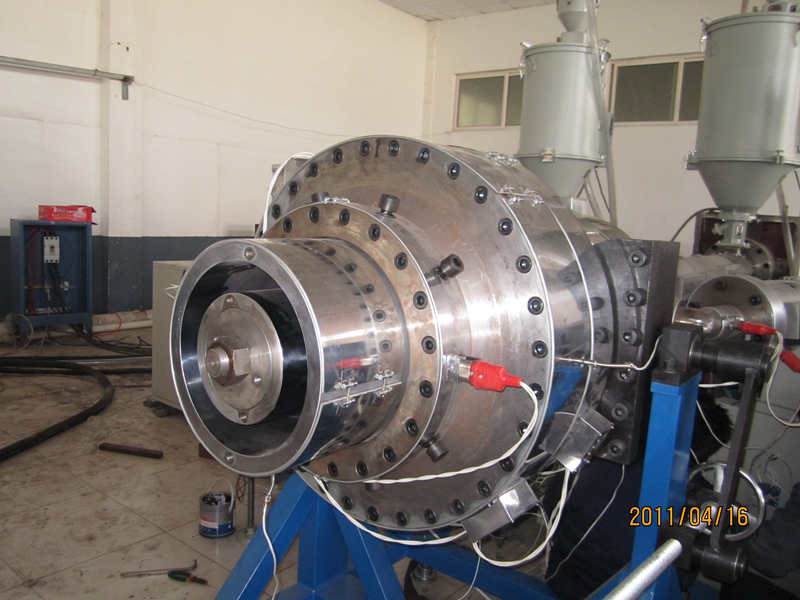Application of Pipe Production Line in the field of environmental protection and energy saving
2025-06-23
The application of pipe production lines in the field of environmental protection and energy-saving has become increasingly crucial as industries look for more sustainable and energy-efficient solutions. Pipe production lines, typically used to produce various types of pipes like plastic, steel, or composite materials, can contribute to both environmental protection and energy savings in several ways:
1. Energy-Efficient Manufacturing Processes
Modern pipe production lines often incorporate energy-saving technologies, such as advanced heating and cooling systems that reduce energy consumption during the manufacturing process. These systems use less power for extrusion, molding, and shaping, thereby minimizing the carbon footprint.
Automated control systems can optimize machine operations, ensuring that they use energy only when necessary, avoiding overconsumption or waste.
2. Sustainable Materials
Pipes made from recycled materials or biodegradable composites can significantly reduce environmental impact. The production line can be adjusted to handle these alternative materials, contributing to reducing waste and the need for virgin raw materials.
HDPE (High-Density Polyethylene) pipes, for example, are recyclable and can be reused in new pipe production, decreasing the demand for non-renewable resources and reducing landfill waste.
3. Water and Waste Management
The production of pipes for water supply systems, wastewater treatment, and stormwater management helps in the efficient transportation and treatment of water, a vital resource for environmental sustainability.
Pipe production lines for sewer systems also contribute to reducing environmental pollution by improving the efficiency of wastewater systems, which helps prevent contamination of soil and water sources.
4. Reduced Carbon Emissions in Transport
Lightweight pipes, such as those made from plastic or composite materials, reduce the energy needed for transportation. These pipes are easier to handle and require less fuel to transport compared to heavier alternatives like steel pipes.
Modular pipe systems produced in standard sizes can be easily shipped, minimizing the environmental costs associated with logistics and transportation.
5. Enhanced Energy Efficiency in Buildings
Energy-efficient pipe systems, such as those used in geothermal energy or heating and cooling systems (e.g., district heating), help reduce overall energy consumption in buildings and industrial facilities. By using advanced pipes designed for heat retention, these systems ensure that energy loss is minimized.
Insulated pipes produced on specialized lines can further reduce energy waste in the transportation of steam, water, or other fluids, lowering energy bills and contributing to overall energy conservation.

6. Reduced Waste and Resource Usage
The integration of waste reduction techniques in pipe production lines, like closed-loop systems for water use and recycling of production waste, helps conserve resources. Using precision manufacturing reduces defects and scrap material, which in turn reduces the amount of raw material used in production.
By improving the durability and longevity of pipes (e.g., corrosion-resistant pipes for long-term use), the need for replacement and maintenance is reduced, leading to a longer lifecycle for the products.
7. Compliance with Environmental Regulations
Many pipe production lines are designed to meet stringent environmental standards, ensuring that the materials used and the production processes comply with environmental protection regulations. This includes adherence to standards related to emissions, noise levels, and waste disposal.
Manufacturers can implement technologies to capture and filter emissions from the production line, preventing air and water pollution.
In conclusion, the integration of advanced technologies in the pipe production process not only optimizes energy efficiency but also supports sustainability efforts in various industries. Whether it's through the use of sustainable materials, the design of energy-saving systems, or the application of waste-reduction methods, pipe production lines play an essential role in driving both environmental protection and energy conservation.
As a professional manufacturer and supplier, we provide high-quality products. If you are interested in our products or have any questions, please feel free to contact us.